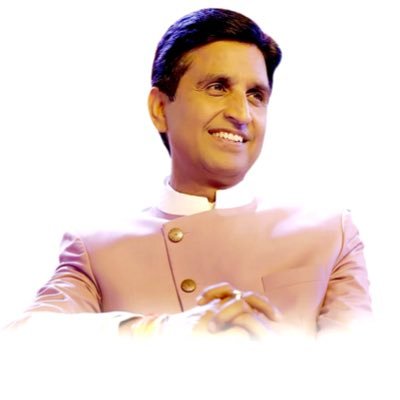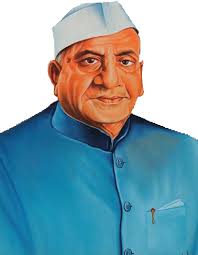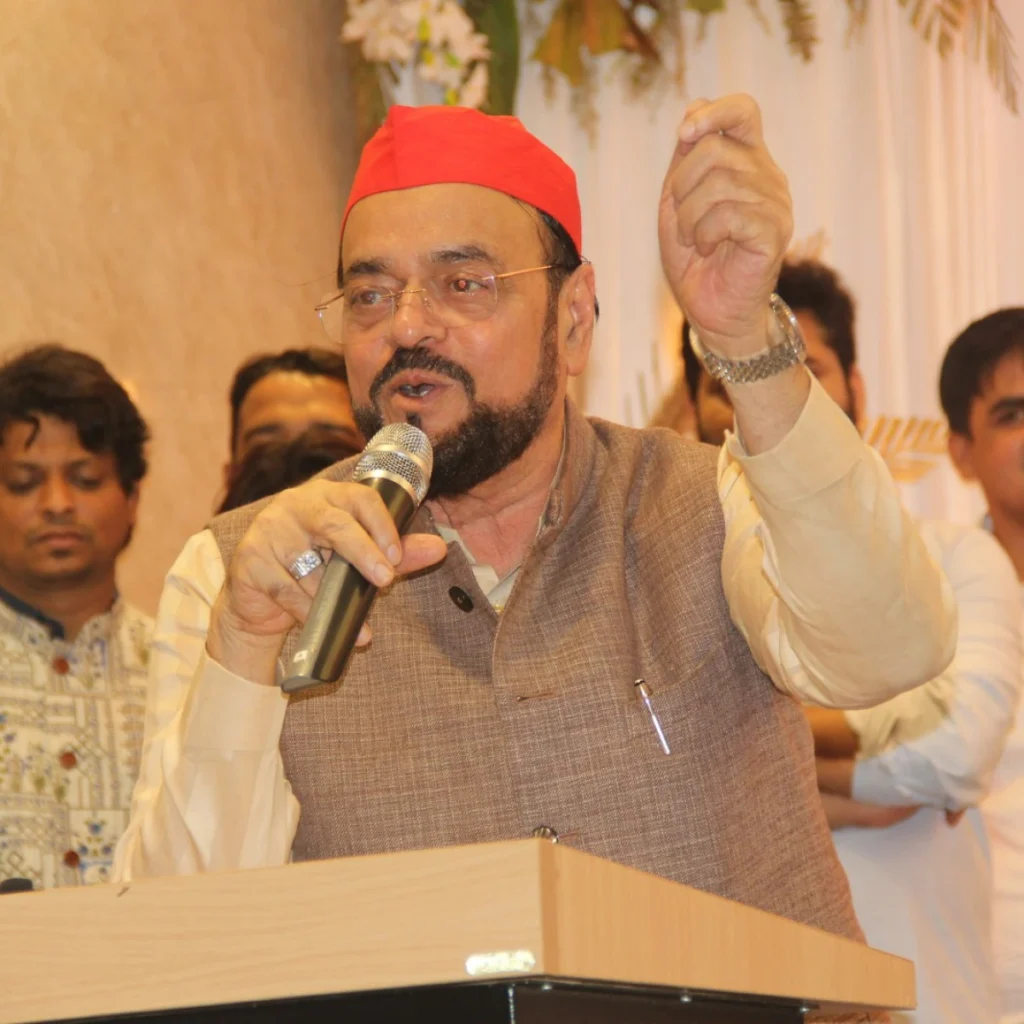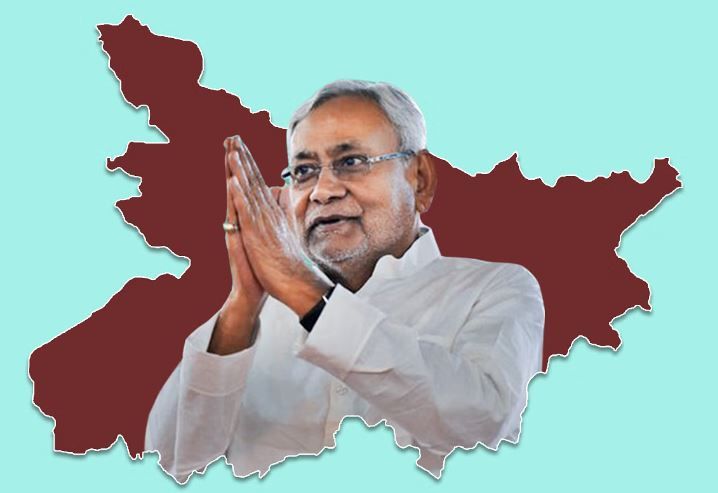Introduction:
In the vibrant tapestry of Indian politics, few narratives captivate as deeply as that of Narendra Modi. From his humble beginnings as a tea vendor to assuming the mantle of Prime Minister of India, Modi’s journey is one of resilience, determination, and unwavering commitment to public service. In this blog post, we delve into the extraordinary trajectory of Narendra Modi’s life, exploring the milestones, challenges, and transformative leadership that have defined his remarkable ascent.
Early Life and Modest Beginnings:
Narendra Damodardas Modi was born on September 17, 1950, in Vadnagar, Gujarat, into a family of limited means. Modi’s childhood was marked by simplicity and hardship, where he helped his father sell tea at the local railway station. Despite the financial constraints, Modi’s upbringing instilled in him values of hard work, perseverance, and a deep-seated patriotism.
Entry into Politics and Rise to Prominence:
Modi’s journey into politics began in his early years when he joined the Rashtriya Swayamsevak Sangh (RSS), a Hindu nationalist organization. His organizational skills and commitment to the cause propelled him through the ranks, eventually leading to his entry into mainstream politics. Modi’s rise within the Bharatiya Janata Party (BJP) was meteoric, as he assumed various leadership roles at the state and national levels.
Chief Minister of Gujarat:
Modi’s tenure as Chief Minister of Gujarat from 2001 to 2014 was a defining chapter in his political career and Gujarat’s development trajectory. Under his leadership, Gujarat witnessed unprecedented economic growth, infrastructure development, and social progress. Modi’s pro-business policies, emphasis on good governance, and innovative initiatives garnered widespread acclaim and earned Gujarat the moniker of India’s “Growth Engine.”
Challenges and Controversies:
Modi’s leadership during the 2002 Gujarat riots, which resulted in communal violence and loss of lives, remains a polarizing aspect of his legacy. While his supporters laud his efforts to restore peace and stability, critics question his handling of the crisis and demand accountability for the violence. Despite the controversies, Modi’s determination to overcome challenges and focus on development remained unwavering.
Prime Ministerial Aspirations and Historic Victory:
In 2014, Narendra Modi’s relentless campaigning and visionary agenda propelled the BJP to a historic victory in the general elections. Modi’s promise of “Sabka Saath, Sabka Vikas” (Development for All) resonated with voters across the country, leading to a resounding mandate for his leadership. His historic victory marked a paradigm shift in Indian politics, signaling a new era of transformative governance and visionary leadership.
Transformative Leadership as Prime Minister:
As Prime Minister, Narendra Modi has embarked on an ambitious agenda of economic reforms, infrastructure development, and social welfare initiatives. His government has launched flagship programs such as Swachh Bharat Abhiyan, Jan Dhan Yojana, and Make in India, aimed at fostering inclusive growth, empowering the marginalized, and propelling India towards a brighter future.
Global Statesmanship and Diplomatic Outreach:
Modi’s statesmanship and strategic diplomacy have elevated India’s standing on the world stage, forging closer ties with major powers and emerging economies alike. His proactive engagement with the international community, emphasis on regional cooperation, and commitment to addressing global challenges such as climate change have positioned India as a key player in global affairs.
Legacy and Enduring Impact:
Narendra Modi’s leadership has left an indelible mark on India’s political landscape and socio-economic fabric. His bold initiatives, visionary policies, and tireless efforts to transform India have touched the lives of millions, ushering in a new era of hope, progress, and aspiration. As he continues to steer the nation towards a brighter future, Modi’s legacy will endure as a testament to the transformative power of leadership, determination, and inclusive governance.
Conclusion:
Narendra Modi’s journey from a tea stall to the Prime Minister’s Office is a testament to the quintessential Indian dream of rags to riches, perseverance, and determination. His rise to power embodies the aspirations of millions of Indians and serves as an inspiration to generations. As he continues to navigate the complexities of governance and chart a course towards progress and prosperity, Narendra Modi’s legacy will continue to inspire and resonate with people around the world, transcending boundaries and leaving an indelible imprint on history.






